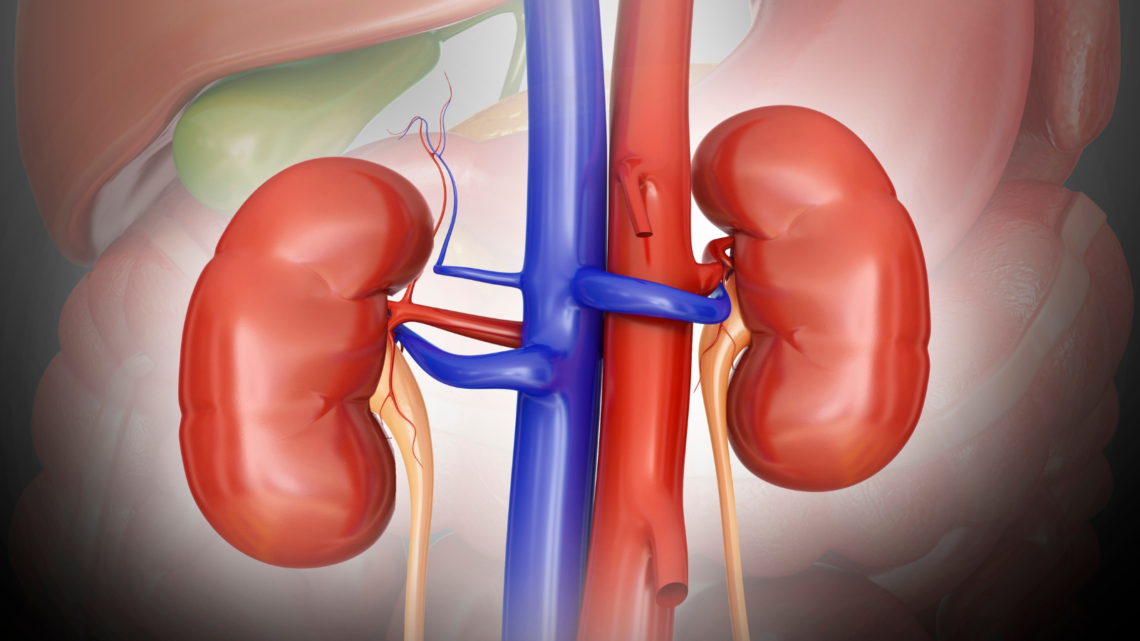Health
-
Staying Healthy This Fall
As summer fades and autumn approaches, the changing seasons bring new health challenges. With shorter days, shifting weather patterns, and the looming cold and flu season, it’s crucial to prioritize your well-being. Below are some valuable tips to help you maintain good health throughout the fall months. Warding Off Seasonal Illnesses While the official cold and flu season in Canada typically begins in November, there’s often a noticeable uptick in viral and bacterial infections from September to October, coinciding with the back-to-school period. To minimize your risk of falling ill: Practice rigorous hygiene: Wash hands frequently with warm water and soap, and keep hand sanitizer readily available when soap and…
-
Ovarian Cancer: What You Need to Know
Ovarian cancer is a group of distinct malignancies that originate in or near the ovaries, which are the female reproductive glands located in the lower abdomen on either side of the uterus. These essential organs are responsible for producing eggs (ova) for reproduction, as well as the crucial female hormones oestrogen and progesterone. The ovaries are composed of three primary cell types: epithelial cells, which form the outer surface of the ovary; germ cells, found within the ovary and responsible for egg production; and stromal cells, which comprise the structural tissue that maintains the ovary’s integrity. Each of these cell types has the potential to develop into a different type…
-
Preventing Concussions
With thousands of children and teenagers now back to school and also partaking in after-school activities, it’s not uncommon to see contact sport-related injuries on the rise such as sprains, bone fractures and concussions. A concussion occurs when the brain impacts the inside of the skull, usually the result of direct trauma to the head, and causes damage that ultimately changes how your brain cells function. While concussions are common among athletes and school-aged children, kids and adolescents are also at higher risk of developing a concussion due to the fact that their brains are still growing. Symptoms of conclusions can be physiological (including headaches, dizziness and nausea, cognitive (including…
-
Prostate Cancer in Canadian Men
Prostate cancer stands as one of the most prevalent and concerning health issues affecting Canadian men today. As a disease that predominantly affects older males, it has far-reaching implications not only for individuals but also for families, communities, and the healthcare system at large. This comprehensive article aims to shed light on the various aspects of prostate cancer, from its incidence and risk factors to its symptoms and impact on Canadian society. By delving into the intricacies of this condition, we hope to provide valuable insights that can empower men and their loved ones with the knowledge needed to navigate this challenging health landscape. The Scope of Prostate Cancer in…
-
Peanut-Free Classrooms
As a physician, I am often approached by parents seeking guidance on how to ensure their children’s safety and well-being in the classroom environment. In this comprehensive article, we will delve into the complexities of food allergies, with a particular focus on peanut allergies, and explore the measures that can be taken to create a safe and inclusive learning environment for all students. Peanut allergies are increasingly prevalent, emerging as one of the most common food allergies among children in Canada and around the world. The ubiquity of peanuts and peanut-containing products in our daily lives, coupled with the potential severity of allergic reactions, has led to heightened awareness and…
-
Back-to-School Health Tips
Back-to-school is a time that can be as thrilling as it is nerve-wracking, particularly when one considers the broad spectrum of health concerns that accompany this pivotal period in the academic calendar, whether one’s child is stepping into a classroom for the very first time, navigating the often tumultuous waters of adolescence, or embarking on the independent journey of higher education. The importance of fostering and maintaining good health practices cannot be overstated, as these habits are not only crucial for academic success, but also for the overall well-being of students, ensuring they are equipped to handle the physical, emotional, and mental challenges that inevitably arise throughout the school year.…
-
International Overdose Awareness Day 2024
Every year on August 31, communities around the world come together to observe International Overdose Awareness Day (IOAD), the largest annual campaign dedicated to ending overdose, remembering those who have lost their lives to this epidemic without stigma, and acknowledging the profound grief experienced by the family and friends left behind. The theme for IOAD 2024, “Together we can,” underscores the tremendous power of community when everyone stands united in the face of this ongoing public health crisis. The opioid overdose epidemic has had a devastating impact in Canada, with a staggering 5,975 lives lost in 2023 alone. Tragically, around 30 percent of these deaths occurred among individuals aged 30…
-
Ear Infections
Ear infections are a type of bacterial infection that are most common in children, though they can also affect adults. There are two common types of ear infections, including otitis media (AOM) and otitis externa – also known as swimmer’s ear. It’s also possible to develop otitis media with effusion. Otitis Media When you develop an infection of the middle ear (located just behind the eardrum), this is known as otitis media. It is caused by fluid being trapped behind the eardrum, causing it to swell. Among the most common symptoms associated with otitis media include earache, feeling as though your ears are plugged/full, hearing difficulty, and you may also…
-
Kidney Disease
The number of Canadians living with kidney disease has been steadily increasing over the years. Currently, an estimated 1 in every 10 Canadians have kidney disease, while it affects as many as 850 million people worldwide. The kidneys are responsible for filtering excess water and waste from your blood and converting it to urine. They’re also responsible for balancing salt and minerals in your body, including calcium, sodium, potassium, and phosphorus, in addition to creating red blood cells, controlling blood pressure, and strengthening bones. However, when you have kidney disease, this means that your kidneys cannot properly filter blood in the way it should be. Over time, this can lead…
-
Preventing Antibiotic Resistance
Antibiotics are used to treat different types of bacterial infections. If your doctor has prescribed you an antibiotic, then it’s important that you take it and follow the dosing instructions provided to you. If you fail to take the antibiotic, miss a dose, or do not take it exactly as directed, chances are your infection will remain, worsen, or require you to be on antibiotics for an extended period of time until you’re able to get rid of the infection. Common types of bacterial infections that antibiotics are used to treat include strep throat, ear infections, sinus infections, pneumonia, urinary tract infections, and skin infections. They work by preventing bacteria…









